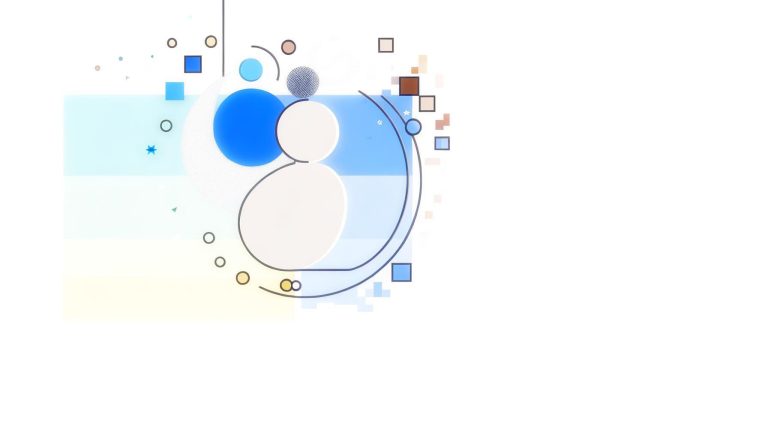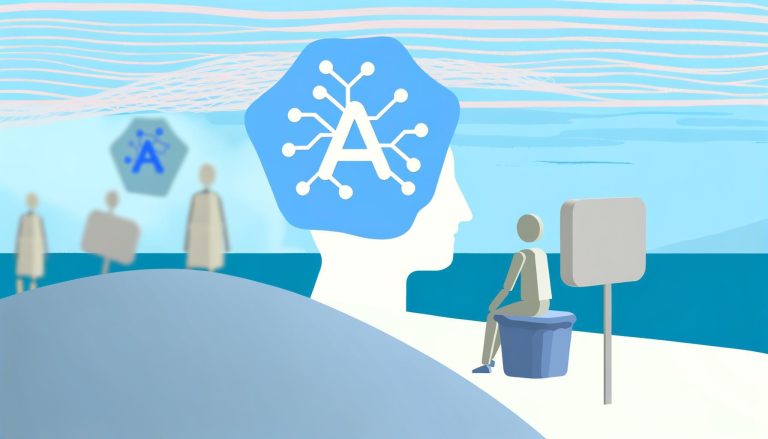Trichotillomania, often referred to as hair-pulling disorder, is a mental health condition characterized by the compulsive urge to pull out one’s hair, leading to noticeable hair loss and considerable emotional distress. This article aims to provide a thorough understanding of Trichotillomania, explore its causes and symptoms, and discuss management strategies, including how artificial intelligence (AI) can be leveraged to support individuals dealing with this condition.
Understanding Trichotillomania
What is Trichotillomania?
Trichotillomania is classified as an impulse control disorder and is part of the group of disorders known as Body-Focused Repetitive Behaviors (BFRBs). People affected by this condition find it difficult to control the urge to pull out hair from their scalp, eyebrows, eyelashes, or other parts of the body. This behavior can lead to significant hair loss, skin damage, and social impairment.
Causes and Risk Factors
The exact cause of Trichotillomania is not fully understood, but it is believed to result from a combination of genetic, environmental, and psychological factors.
- Genetics: Studies suggest that individuals with a family history of similar disorders may have a higher risk.
- Environmental triggers: Stressful situations, trauma, or significant life changes can precipitate or exacerbate the condition.
- Psychological factors: An underlying anxiety or depression disorder may contribute to the development of Trichotillomania.
Symptoms and Diagnosis
Common symptoms of Trichotillomania include recurrent hair pulling, noticeable hair loss, attempts to decrease or stop hair-pulling behavior, and significant distress or impairment in social, occupational, or other important areas of functioning. Diagnosing Trichotillomania typically involves a thorough clinical evaluation conducted by a mental health professional, who may also rule out other potential medical conditions.
Managing Trichotillomania
Traditional Treatment Approaches
The management of Trichotillomania often involves a combination of behavioral therapies, such as Cognitive Behavioral Therapy (CBT), Habit Reversal Training (HRT), and support groups.
- Cognitive Behavioral Therapy (CBT): CBT helps individuals understand and change their thought patterns related to hair-pulling behaviors.
- Habit Reversal Training (HRT): HRT involves identifying triggers for hair pulling and developing alternative responses to manage these triggers.
- Support Groups: Joining a support group can provide individuals with a sense of community, reduce feelings of isolation, and offer practical coping strategies.
Practical Tips for Managing Trichotillomania
Individuals can implement several practical strategies to manage Trichotillomania more effectively:
- Keep your hands busy with fidget toys, knitting, or other activities.
- Maintain short nails and wear gloves to reduce the ability to pull hair.
- Identify and avoid triggers, such as certain locations or activities that lead to hair pulling.
- Practice stress-reduction techniques like deep breathing, meditation, or physical exercise.
- Create a soothing and supportive environment that promotes relaxation and reduces anxiety.
Leveraging AI Support for Trichotillomania
Role of AI in Mental Health
In recent years, artificial intelligence has made significant strides in the field of mental health, offering innovative solutions for diagnosis, treatment, and support. AI-powered tools can provide personalized interventions, track progress, and promote self-awareness, making them valuable resources for individuals managing Trichotillomania.
AI-Driven Behavioral Tracking and Monitoring
AI can assist in tracking and monitoring hair-pulling behaviors through journaling and habit-tracking applications. These tools can help individuals identify patterns, triggers, and progress over time. For instance, the Zenora app allows users to:
- Log occurrences of hair-pulling episodes and associated emotions.
- Track mood and habit trends to gain insights into their behavior.
- Set specific goals and subtasks to reduce hair-pulling frequency.
Personalized AI Counseling
AI-powered chatbots and virtual counselors provide accessible and personalized support for individuals coping with Trichotillomania. These digital assistants can offer evidence-based strategies, encourage positive behavior changes, and provide real-time support during moments of distress. Zenora, for instance, offers:
- Empathetic and science-backed counseling via chat to understand individual concerns.
- Encouragement for self-reflection and growth by recognizing strengths and areas for improvement.
- Practical, non-medicinal solutions to help manage symptoms and promote resilience.
Enhancing Treatment Adherence with AI
AI can significantly enhance treatment adherence by providing consistent reminders, motivational messages, and follow-up prompts. By ensuring individuals stay engaged with their treatment plan, AI contributes to better outcomes and reduced relapse rates.
Conclusion
Trichotillomania is a challenging condition that can have profound effects on an individual’s emotional well-being and quality of life. Understanding the causes, symptoms, and management strategies is essential for effective intervention. The integration of AI technology offers promising avenues for support, enabling individuals to track their behaviors, receive personalized counseling, and adhere to their treatment plans more effectively.
If you’re looking to manage Trichotillomania, consider utilizing tools like the Zenora app. It provides mood and habit tracking, statistics for trend analysis, and goal setting to help you achieve a better quality of life. With the right strategies and support, it’s possible to manage Trichotillomania and lead a fulfilling, healthy life.





